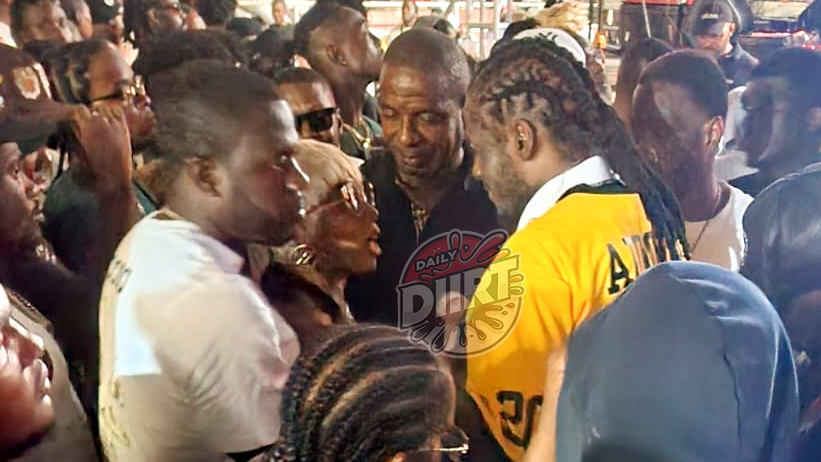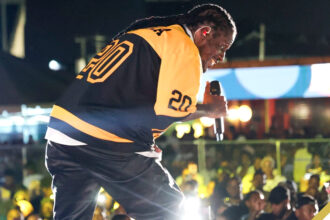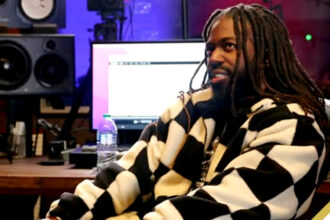In a move that has reignited conversations around loyalty, legacy, and lingering rifts in dancehall, Gaza alumnus Vanessa Bling made a surprise appearance at the second leg of Aidonia’s 20th Anniversary concert at Sabina Park on Saturday night. Clad in a sleek all-black outfit and blonde wig, the low-profile songstress delivered a charged set to a roaring crowd. But it was her mid-performance salute to Aidonia that truly set tongues wagging: “Big up mi bredda Aidonia, memba a me say next to Kartel, yuh a di baddest ting!” The declaration felt both like a nod to the genre’s hierarchy and a bold statement, coming at a time when fans have been questioning her absence from Vybz Kartel’s major post-prison reunions—including his sold-out two-night stint at Brooklyn’s Barclays Center.
Vanessa Bling, formerly known as Gaza Slim, has been noticeably distant from the wave of Kartel reconciliation sweeping through the dancehall scene, most recently symbolised by the highly publicised reunion between Kartel and former Portmore Empire member Blak Ryno. That moment, which saw the pair performing together on the Barclays stage, was widely seen as a healing of old Gaza wounds. Shortly after, Bounty Killer, the “Poor People Governor” and de facto elder statesman of dancehall, took to social media in April to push the conversation further: “Next stop is Vanessa Bling—we want to see a link deh!” he wrote. In a genre long defined by beefs and breakups, Bounty’s message was simple yet poignant: “Family feud not supposed to stop the family food.”

Historically, dancehall has thrived on rivalries—Kartel vs. Mavado, Bounty Killer vs. Beenie Man, Ninjaman vs. Merciless—but recent years have seen a growing appetite for unity. The infamous Gully-Gaza feud of the late 2000s not only divided the music but also reportedly intensified real-world violence in Kingston’s communities, leading to government intervention and a peace treaty in 2009. Since then, there’s been a slow but significant shift: from lyrical clashes to brand-building collaborations. Still, not all bridges have been rebuilt. Vanessa Bling’s fallout with Kartel dates back to 2011, when both were charged with conspiracy to pervert the course of justice. Though acquitted, the incident fractured their once-close relationship.
Her silence—until now—has been deafening in a culture where association often equals allegiance. That she’s chosen to publicly endorse Aidonia, another lyricist long considered a rival-turned-peer of Kartel, is as symbolic as it is strategic. It suggests Vanessa Bling is reclaiming her narrative on her terms. Whether Bounty Killer’s call for unity will be answered remains uncertain. But in the ever-evolving story of dancehall, Vanessa’s Sabina Park moment signals that the next chapter is being written—one candid salute at a time.













